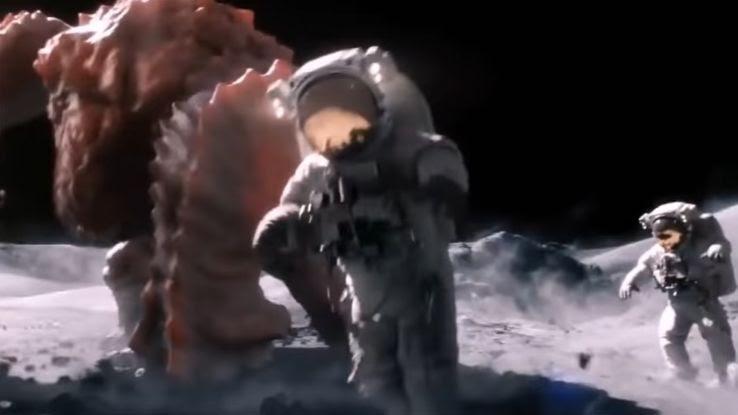
Affective commercials don’t just sell us a great product; they also tell a story. People buy with their emotions before their logic, which makes advertisements that play on feelings so effective.
These are the most iconic commercials, the ones that have stayed in viewers minds years or even decades after the fact due to their memorable stories, controversial statements or hilarious jokes. Which one of these products would you buy based on the commercial?
Calvin Klein: “Obsession” (1986)
The set of this commercial for Obsession perfume looks like an Escher painting because of its black and white color scheme and multiple staircases. With its emphasis on flowers and sleek, sophisticated shapes, it was easy to see Obsession was about to be a worldwide, well, obsession.
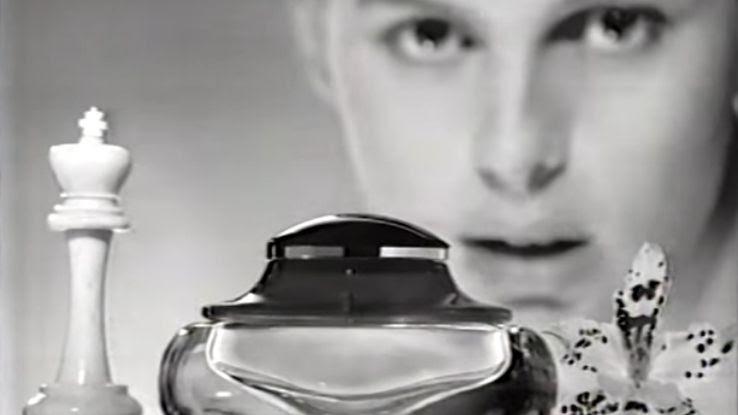
This highly stylized art house film was dreamlike, exotic and made an impression, not only for its direction, but also because it made no sense. Who knew confusing your consumers could lead to millions of dollars in revenue?
Apple: “1984” (1984)
George Orwell’s novel 1984 is a staple of pop culture, so it’s not surprising that someone tried to use it in a commercial in the titular year. In this Super Bowl commercial, Apple states that its technology can remove you from the iron clutches of Big Brother and lead you to freedom.
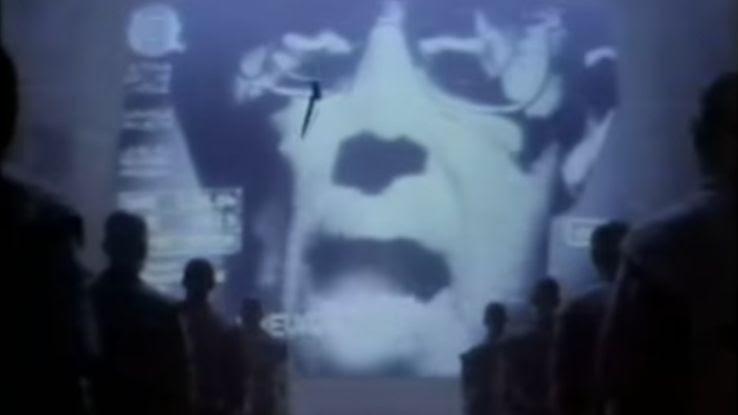
Apple’s “1984” is credited for making Super Bowl commercials a thing in the first place and won many awards, including a Clio Award. Ad Age named it the number one Super Bowl commercial of all time — an impressive feat, considering it’s one of the firsts.
Coca-Cola: “Hey Kid, Catch!” (1979)
In this commercial from 1979, Mean Joe Green shotguns a Coke given to him by a young sports fan after a game. As a thank you, Green tosses his jersey and spouts the famous line, “Hey kid, catch!” which has been parodied and referenced ever since.
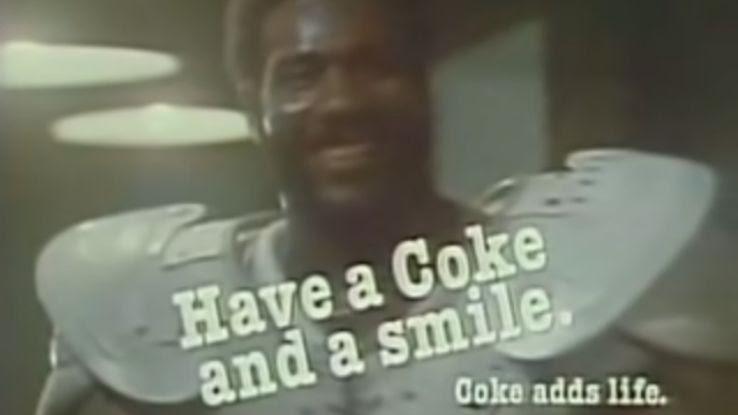
Not only did it win a Clio award, but it also inspired a 1981 made-for-tv movie, The Steeler and the Pittsburgh Kid. Moreover, African-Americans were still a rarity in commercials at the time, and the success of the ad further showed the importance of portraying them in media.
Metro Trains: “Dumb Ways to Die” (2012)
This animated Australian safety campaign was designed to promote child safety. Its animated cartoon characters told children how to avoid danger around trains specifically, but also featured electrocution, food poisoning and fire.
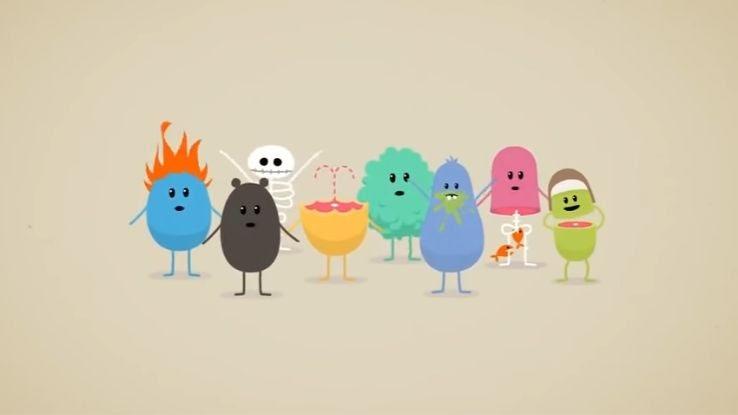
The campaign became the most awarded campaign in history at the Cannes Lions International Film Festival of Creativity and led to multiple spin-offs, including a mobile game, children’s books and toys. It’s also credited with improving safety around trains in Australia, reducing the number of “near-miss” accidents by more than 30 percent.
PSA: “This Is Your Brain on Drugs” (1997)
“This is your brain. This is your brain on drugs. Any questions?” This tough-love PSA was no doubt scary for children but was memorable in delivering its anti-drug rhetoric. The campaign was so popular and quotable that another campaign was launched that featured the actress slamming the frying pan into dishes and other breakable objects.
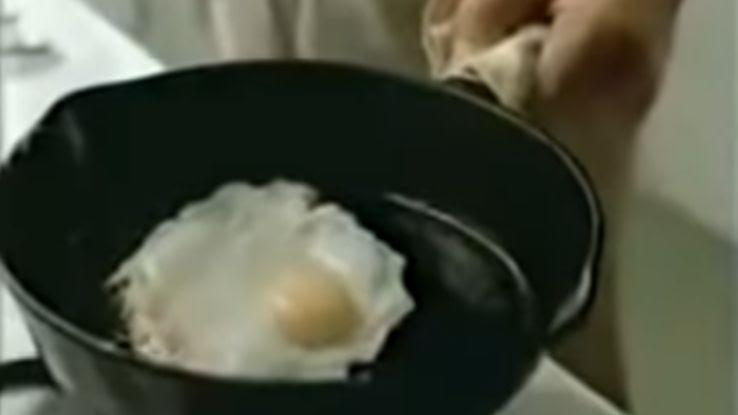
Multiple PSAs were made in the ’80s to warn children of the dangers of drugs, but the sizzling eggs on the pan is the most iconic. Granted, whether it was effective in preventing drug use may be a different matter.
Monster.com: “When I Grow Up … ” (1999)
Sometimes, an effective ad campaign is a parody of less successful commercials. “When I Grow Up…” was exactly that, a parody of aspirational commercials that told children to reach for the moon and stars. Where other ads came across as too idealistic to believe, this one didn’t take itself too seriously.
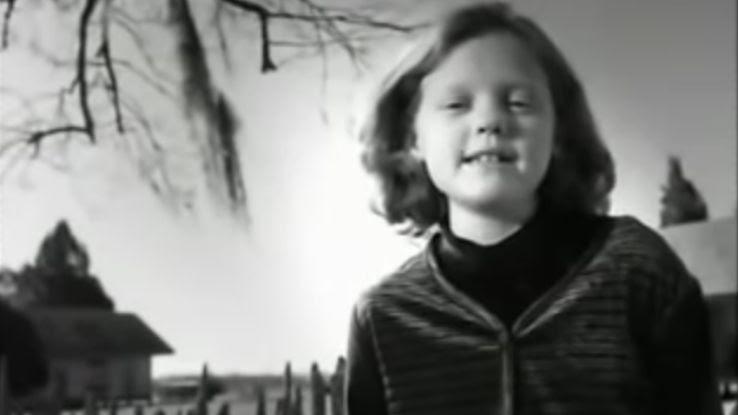
Monster’s motivating ad is funny and unconventional, and overnight, it doubled the monthly viewers on the job website from 1.5 to 2.5 million. It also won multiple industry awards for its message.
IAMS: “A Boy and His Dog Duck” (2015)
America loves coming of age stories, especially easily digestible ones. This commercial told the story of a boy and his dog Duck, who both grow old together as the viewer learns why the dog received his unique name. Spoiler: Duck is how the boy pronounced the name “Duke” when he was a kid.
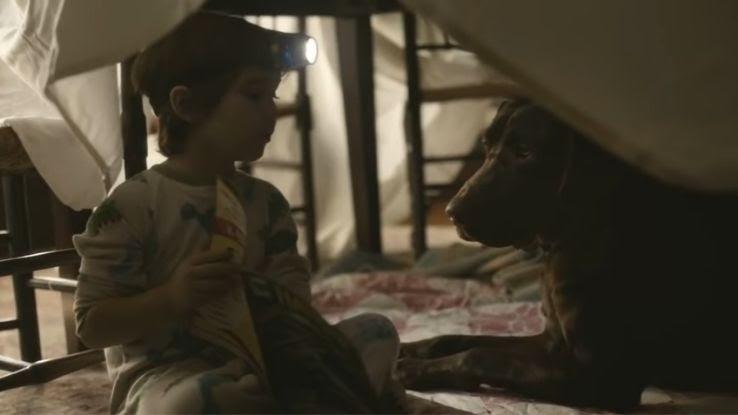
Yes, it’s emotionally manipulative. Yes, IAMS isn’t a particularly unique dog food brand, and yes, many viewers probably knew what the ad was doing, but people cried anyway. It’s not every day that a commercial breaks your heart like this.
Extra: “Origami” (2013)
Why is a gum commercial trying to make you cry? Much like the previous commercial, this one uses the story of a parent-child relationship and origami wrappers to tell a sweet story. The little girl places all the origami swans they’ve made together in a shoebox and takes them off to college. It’s hard not to make an audible “Aww” when you see it.
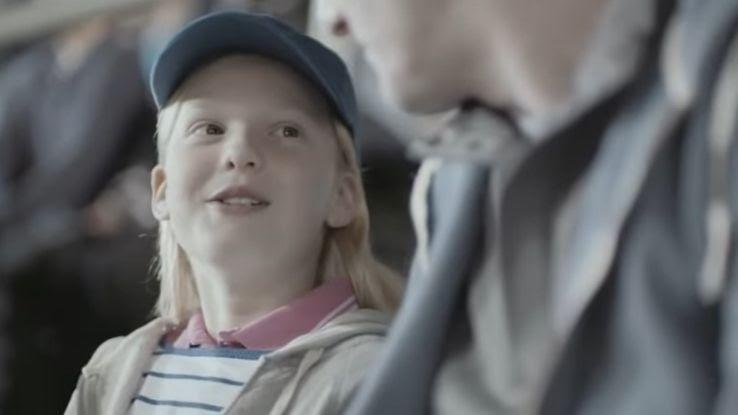
This “time-flies” commercial is about enjoying the little things while sticking together through hardships. Kind of like how gum sticks to the bottom of a desk, although that probably wasn’t the comparison they were going for.
Casper: “Can’t Sleep?” (2017)
Mattress company Casper decided to create an unorthodox ad aimed at a core part of its consumer base: insomniacs. The commercial itself is just a 15-second snippet of relaxing imagery and the number for a hotline along with the words, “Can’t sleep?” It aired at 2 am.
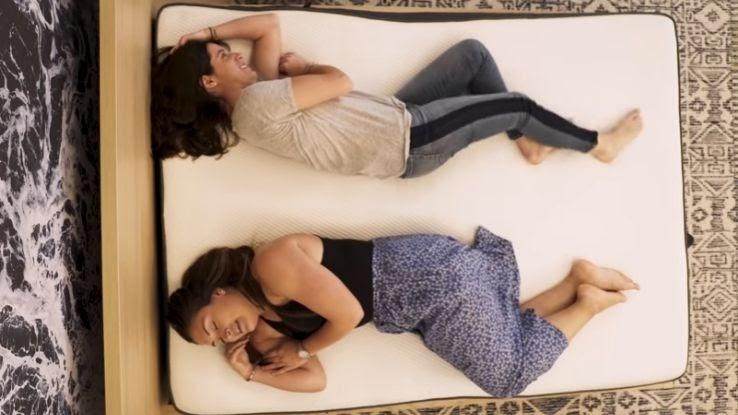
If you do decide to call the number, an automated voice reads off a list of relaxing sounds and sleep-inducingly boring recordings you can listen to. Unless you stay on the line to hear what number nine is, you won’t even know that Casper is behind the line. It’s certainly an unforgettable approach.
John Lewis: “The Bear and the Hare” (2013)
Are you from the UK? If you are, you’ve no doubt seen the annual John Lewis & Partners Christmas advertisements for the department store of the same name. 2013’s commercial was particularly noteworthy. It told the heartwarming story of a bear who receives an alarm clock for hibernation from his friend, the hare.
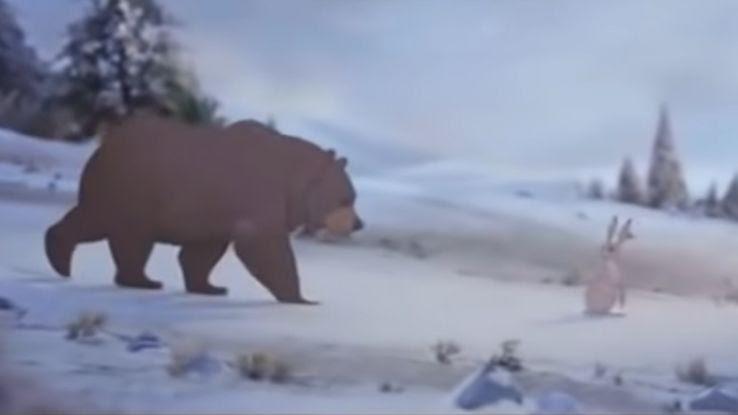
The animated commercial was set to a Lily Allen cover of Keane’s “Somewhere Only We Know” beautifully compliments this two-minute advert, and Disney veterans came together to complete this masterpiece. It won multiple awards and also boosted alarm clock sales by 55 percent.
Chipotle: “Back to the Start” (2011)
This heartwarming stop-motion Chipotle campaign followed two farmers who moved to a more sustainable farm, and it was insanely popular in 2011. It featured a moving cover of Coldplay’s song “The Scientist” by Willie Nelson.
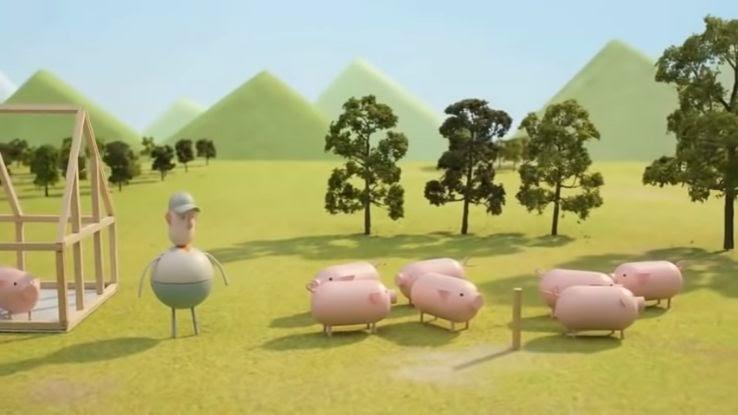
The campaign picked up a lot of steam in the early 2012s after airing during the Grammy Awards. To Chris Martin’s chagrin, many viewers and critics thought the stop-motion commercial gave a better performance than Coldplay that night.
John West Salmon: “Bear” (2000)
In this mockumentary commercial about a bear fishing, a guy shows up and kung-fu fights the bear so he can steal his salmon. A scene that could be stolen from National Geographic turns into Fight Club in seconds.
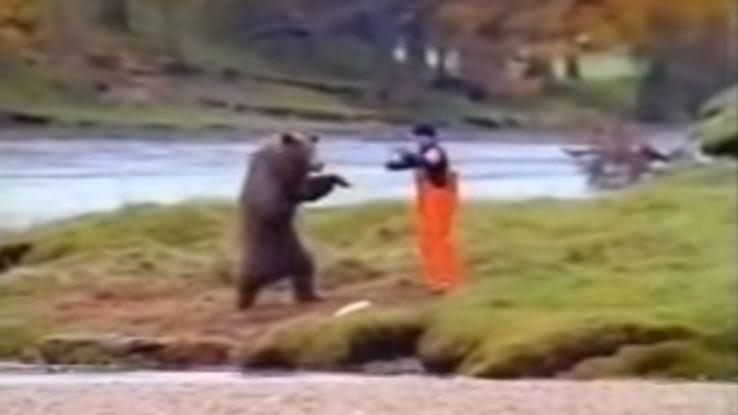
“Bears” won awards for its well-timed comedy and quickly became a viral sensation, receiving over 300 million views. It was also voted the Funniest Ad of All Time in Campaign Live’s 2008 viewers poll.
Old Spice: “The Man Your Man Could Smell Like” (2010)
Old Spice wasn’t a company that preferred funny commercials over serious marketing at first, but that all changed in the 2010s. Isaiah Mustafa delivered kept audiences laughing from start to finish and made the phrase, “I’m on a horse,” a joke all on its own.
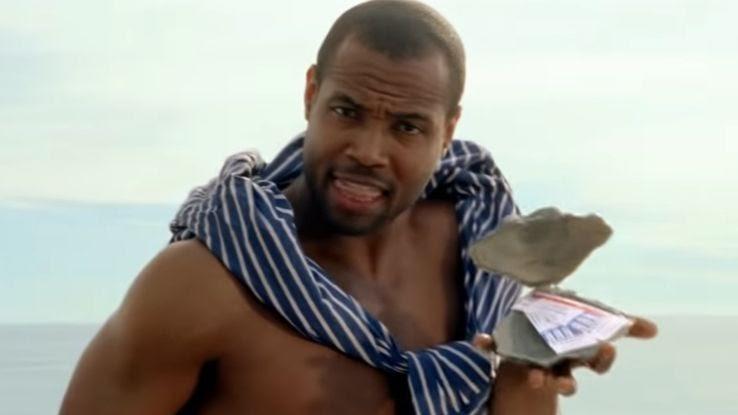
The commercial won a slew of awards, and after receiving over 55 million views on YouTube, Old Spice decided to make even more ads using the same premise, thereby giving birth to the Old Spice Guy and a thousand memes.
Keep America Beautiful: “Crying Aboriginal” (1971)
This commercial depicting a Native American crying over the pollution of his land was one of the most successful campaigns run by Keep America Beautiful, a nonprofit that advocates for litter removal along highways. The commercial has become a hallmark of 70s environmentalism.
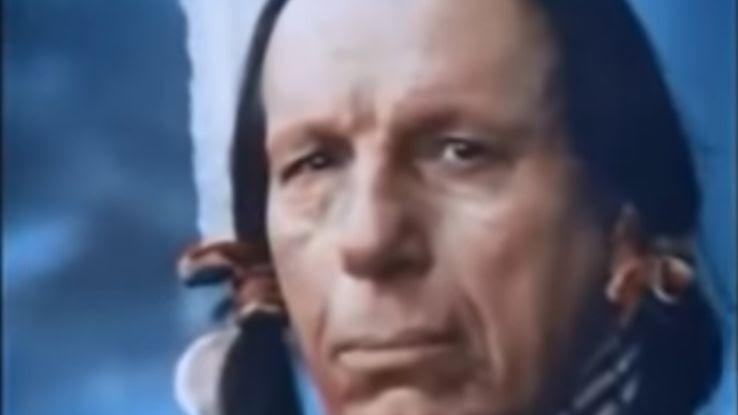
Fun fact: While Iron Eyes Cody, the actor who played the Native American chieftain, claimed to be Cherokee, his family said otherwise, and he was confirmed after death to really be Sicilian. His birth name was Espera Oscar de Corti. He also needed to wear a life preserver under his buckskins when he was canoeing on the river because he couldn’t swim.
Mentos: “The Freshmaker” (1992)
This advertisement for Mentos candy combined a Euro-pop jingle with corny acting and the beauty that was 90s fashion. It wasn’t effective at first, but it did give visibility to a candy that wasn’t well-known in the United States until this ad campaign.
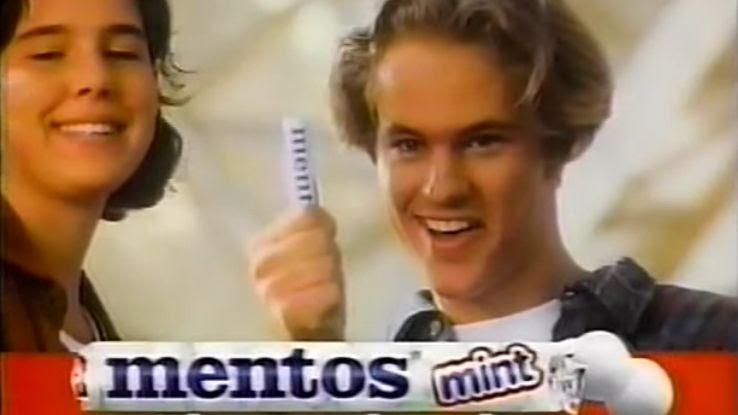
Gen-Xers love the catchy jingle, and so did the Foo Fighters. The music video for their single “Big Me” parodied the ad and won an MTV Video Music Award for its trouble. The director of the video, Jesse Peretz, called the original commercial “total lobotomized happiness.”
Nike: “Hang Time” (1989)
If you’ve ever thrown a sheet of rolled-up paper in the trash while yelling, “Money!,” you have “Hang Time” to thank for that. Director Spike Lee and Michael Jordan collaborated to make fun of the traditional “hero athlete” image to create a series of hilarious commercials.
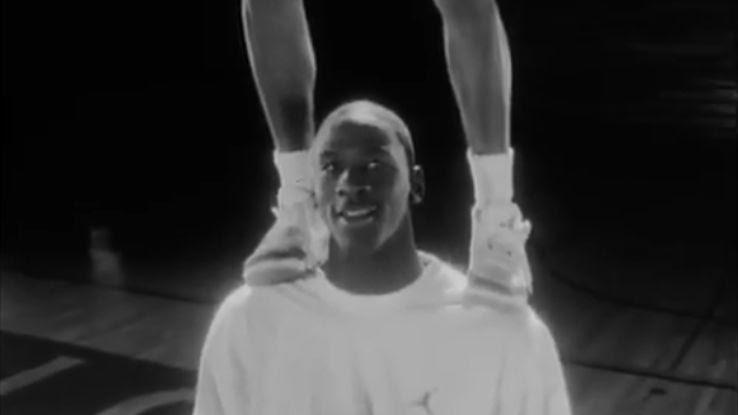
Spike Lee appeared in the commercials as motormouth Mars Blackmon. This 10-part series made Air Jordans a household name and popularized multiple slang terms and jokes. Michael Jordan has appeared in hundreds of commercials overall, including his infamous McDonalds’ appearance, but this one is his best.
Wendy’s “Where’s The Beef?” (1984)
Wendy’s, Burger King and McDonald’s are fast-food rivals to end all fast-food rivals. While the first of the three has often lagged behind its competition, the catchphrase, “Where’s the Beef?” from a Wendy’s Super Bowl commercial helped it catch up a bit by drawing attention to the lack of beef in its rivals’ burgers. The phrase has subsequently come to mean calling the substance of something into question.
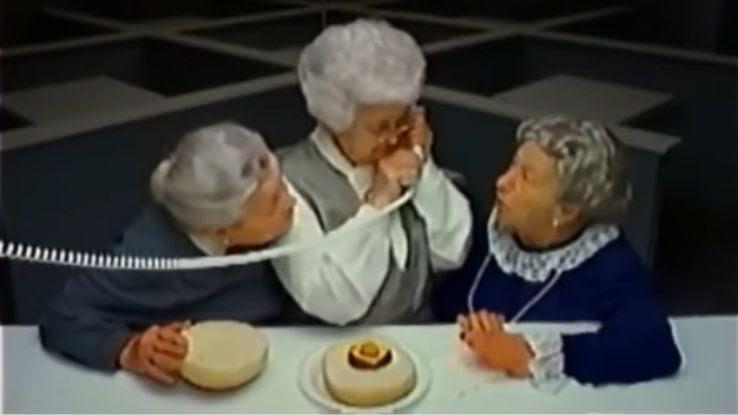
The ad campaign helped boost Wendy’s revenue by 31 percent that year and was used in Vice President Walter Mondale’s presidential campaign. Not only did the campaign sell more meat, but it also revived Mondale’s flagging campaign. Talk about two birds with one stone.
Budweiser: “Wassup?!” (1999)
Beer commercials are well known for using beautiful women in their ads, which made Budweiser’s “Wassup” commercial all the more unique. It showed guys just hanging out,, and it made the beer a subtle element in the commercial itself. This Super Bowl ad created a new genre of commercials that used entertainment to sell a product.
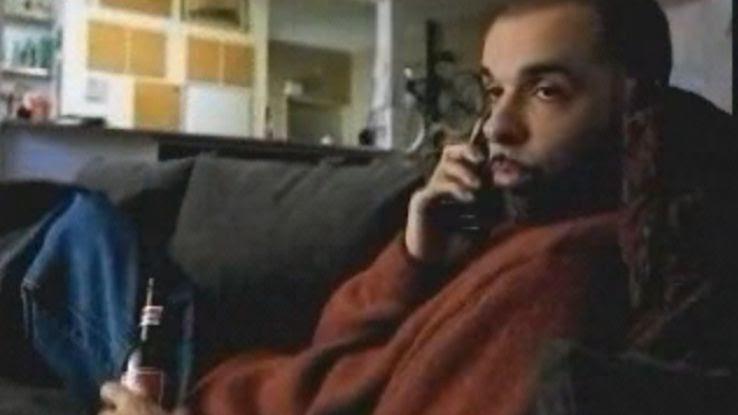
“Wassup” became a worldwide phenomenon and was subsequently parodied throughout the early 2000s, including through an entire scene in Scary Movie. This Budweiser campaign is still popular to this day, with Burger King creating a variation of its own in 2018.
IKEA: “Dinning Room” (1994)
In 1994, IKEA launched a trilogy of ads focusing on different families buying dining room furniture, including a husband and wife, a divorcee and a gay couple. The religious right protested ad featuring gay men, but IKEA didn’t back down.
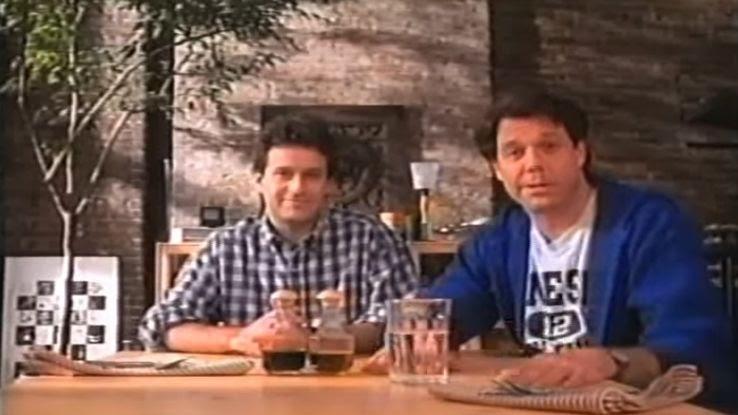
The Swedish furniture company argued that the commercial wasn’t a political statement. They simply wanted to portray modern Americans in all their different relationship status. IKEA won major points with the LGBTQA community and their allies, leading to boosted sales.
Chanel No. 5: “Marilyn” (1994)
When Marilyn Monroe told an interviewer that she wore only Chanel No. 5 to bed, it made the company millions of dollars. To capitalize on that success for a new generation, Chanel used a mix of acting and technology to morph Carole Bouquet in Marilyn Monroe singing I Wanna Be Loved by You.
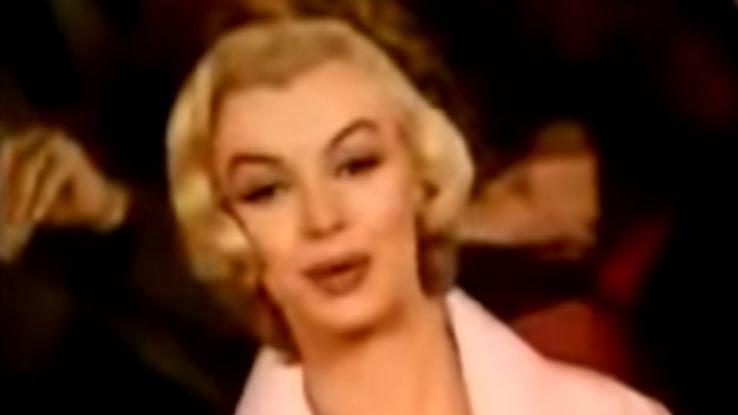
Chanel paid a pretty penny to use Monroe’s likeness and song, but the money was worth it, as sales skyrocketed. Chanel No. 5 is still the top-selling perfume for the company, and it’s in part because of the cultural cachet the ad gave the film years ago.
TRIX: “Trix Are for Kids” (1959)
“Silly rabbit, Trix are for kids!” says a plucky young girl after outsmarting an animated rabbit. That rabbit has been on a quest for the fruity goodness of Trix for decades now, but to this day, he hasn’t had a bite.
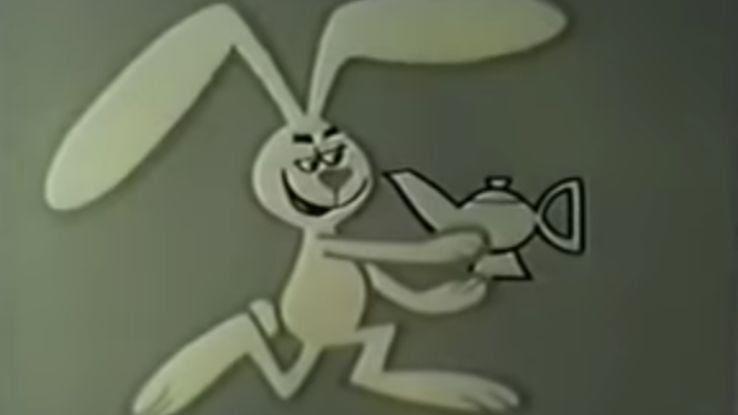
The ad campaign was so popular that 50 years later, people are still saying the catchphrase to ward off people from their food. While sales for the cereal are down as of late, the brand still managed to milk years of success from a single ad.
MEOW Mix: “Singing Cat” (1972)
The classic Meow Mix song is a hit today, but it was actually the result of an accident. While filming a cat eating for use in a commercial, the cat in question began to choke on its food. While the cat was fine, the footage was unusable — until someone decided to take a snippet of the video and use it to create the famous lip-synced cat.
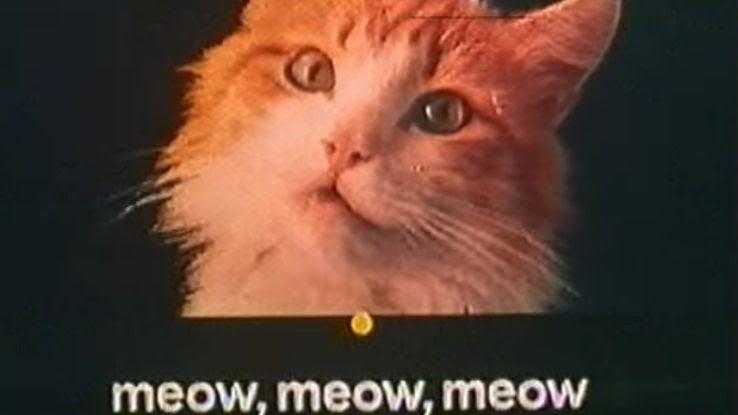
The spot the Meow Mix song only cost around $3000, but the company subsequently made millions off of the funny commercial. It was so successful that the cat was eventually printed on bags of cat food.
Reebok: “Terry Tate, Office Linebacker” (2003)
In this Super Bowl commercial, Terry Tate destroys an office building and its staff and gets paid for it. If you haven’t already watched this, you’re in for a treat. The one-liners and outrageous behavior truly earn this commercial a place in the ad pantheon.
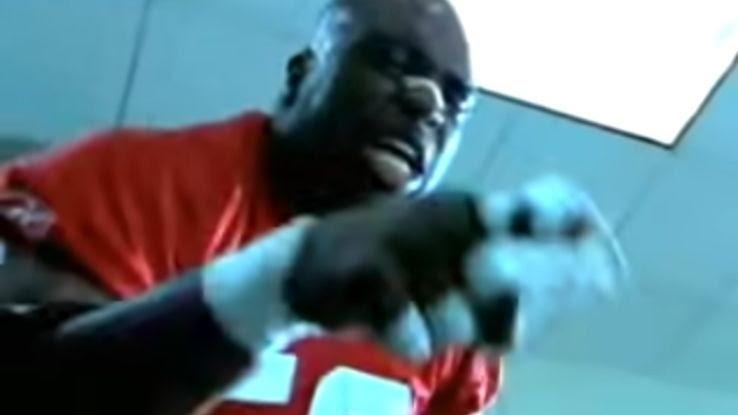
Although it was incredibly popular, only 55 percent of viewers polled remembered that the commercial had anything to do with Reebok. The company reported that sales still went up fourfold online, but the ad nevertheless serves as a warning sign that not all successful ads lead to higher sales.
Snickers: “Hungry Betty White” (2010)
Is Betty White ever not funny? The answer is no. During the 2010 Super Bowl, the former Golden Girl starred in the now famous “You’re Not You When You’re Hungry,” which spawned an entire series of additional ads.
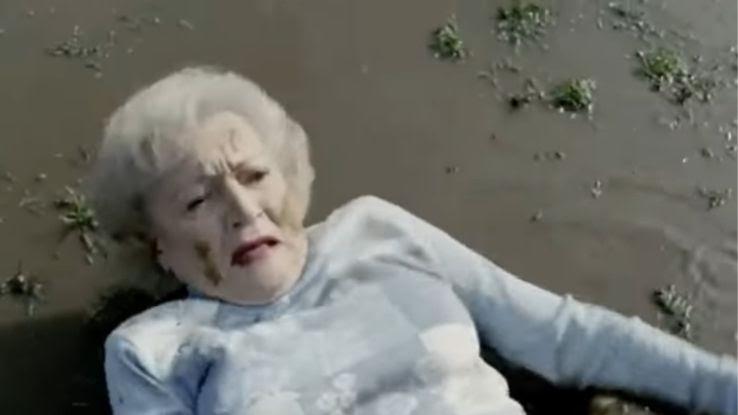
The ad won the night for best Super Bowl commercial and helped Snickers earn a total of $376 million in two years. It was also credited with revitalizing Betty White’s career, who appeared on Saturday Night Live and other leading roles soon after.
Honda: “Paper” (2015)
This unique ad takes viewers through Honda’s 60-year history. It starts with Soichiro Honda’s idea of using a radio generator to power his wife’s vehicle and ends with a red Honda driving away in the desert. The paper background makes the commercial feel nostalgic and personal.
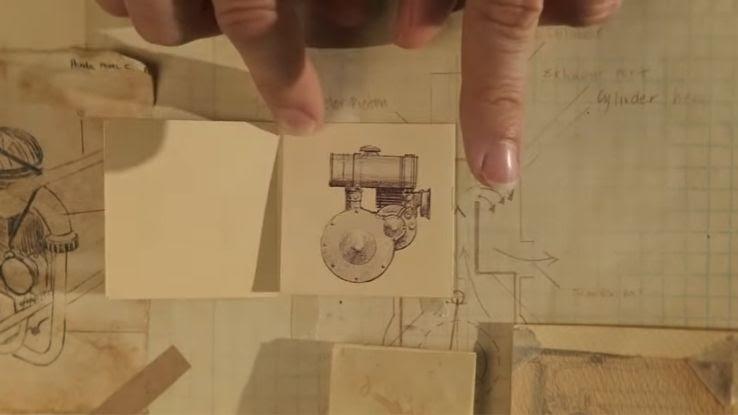
Honda made such an impact on their target market that it won an Emmy Award. Created through four months of hand-drawn illustrations by dozens of animators, the paper flipping and stop-motion techniques used in the commercial proved revolutionary.
E-Trade: “Monkey” (2000)
Ad Age described this ad as “impossibly stupid, impossibly brilliant,” and that’s certainly not wrong. E-trade is an investment website that helps people make informed decisions about things like stock and bonds. The commercial shows a chimpanzee dancing in a garage and lip-synching “La Cucaracha.”
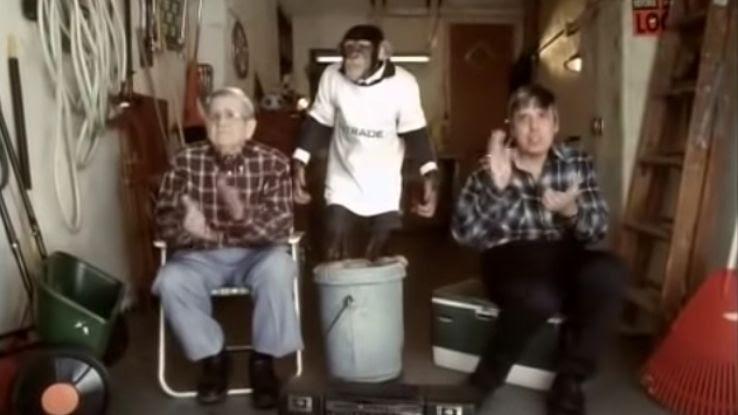
The off-rhythm, flannel-clad seniors apparently paid $2 million for the privilege of spending time with this primate. E-Trade informs the viewer that there are better ways to spend hard-earned money, and they can help.
Mountain Dew: “Puppy Monkey Baby” (2016)
“Puppy Monkey Baby” features, unsurprisingly, a weird hybrid creature resembling a baby, monkey and pug. It was bizarre, and probably the cause of many a child’s nightmares, but it was a social media success. It generated 2.2 million online views and 300k social media interactions in one night.
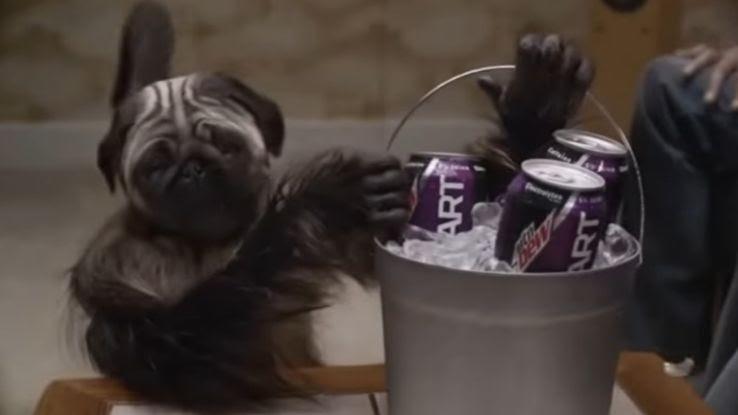
Mountain Dew knew that confusion over the sketch would draw attention, and they were right. Whether people loved the Puppy Monkey Baby or hated it, Mountain Dew was on their minds. This bizarre creature led to millions in sales.
WATERisLIFE: “Kenya Bucket List” (2013)
Thanks to adoption adverts from the 1960s, it’s well known that many rural parts of Kenya have poor drinking water. In 2013, nonprofit WATERisLife created a campaign that brought awareness to this fact again. In fact, according to the ad, 1 in 5 children in Kenya won’t reach the age of five.
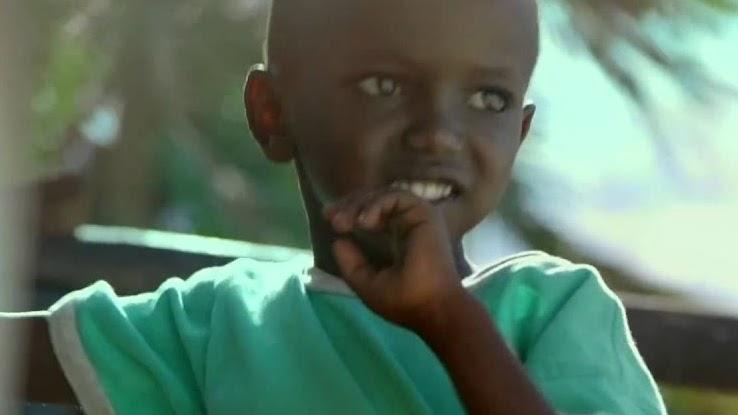
Two adorable 4-year-olds, Maasai and Nkaitole, go on an adventure to see everything they can “before they die.” The ad pulled at the nation’s heartstrings and started a domino effect of mass donations.
Volkswagen: “The Force” (2011)
Volkswagen’s “The Force” is currently the most-watched Super Bowl commercial of all time. In the commercial, a tiny child dressed as Darth Vader tries to use the force in multiple ways. He “successfully” uses it against a car when his father secretly activates it with a remote.
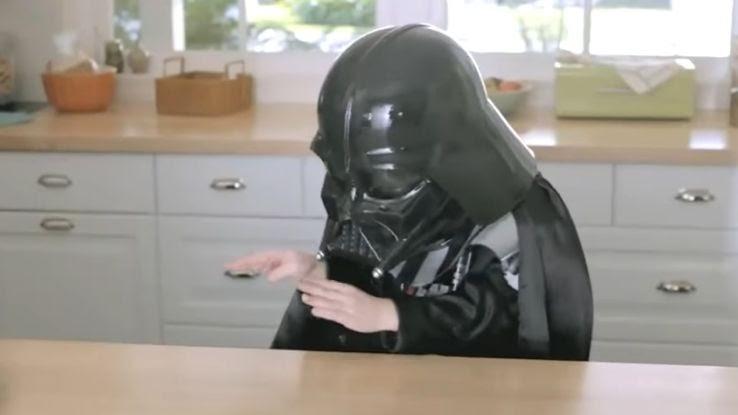
Volkswagen released the ad early on YouTube, where it gained 1 million views overnight, and 16 million more before the Super Bowl. It paid for itself before the ad ever ran on television. Before this ad, it was unheard of for advertisements to work so effectively before their initial release.
Thai Life Insurance: “Unsung Hero” (2014)
This Thai Life Insurance commercial was massively popular because of how beautiful and touching its story was. It follows a man who likes to do nice things for people, but this “unsung hero” doesn’t get any adoration for it — in the beginning.
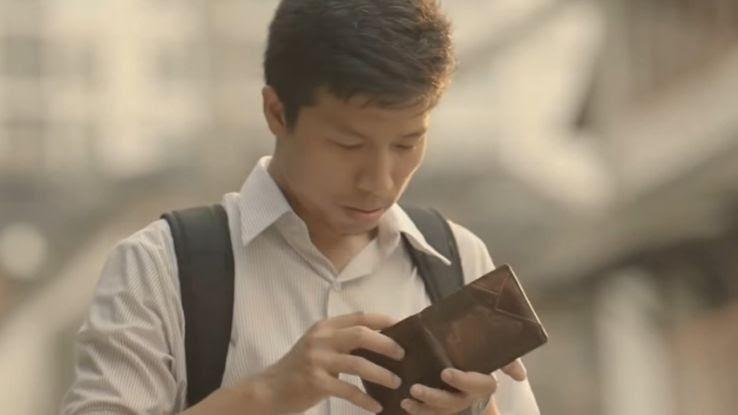
Apparently, ads that showcase a good cause and tug on the viewers’ heartstrings are particularly effective in East Asian countries. Considering how popular it was in the United States, it must have had an even better run in its native Thailand.






